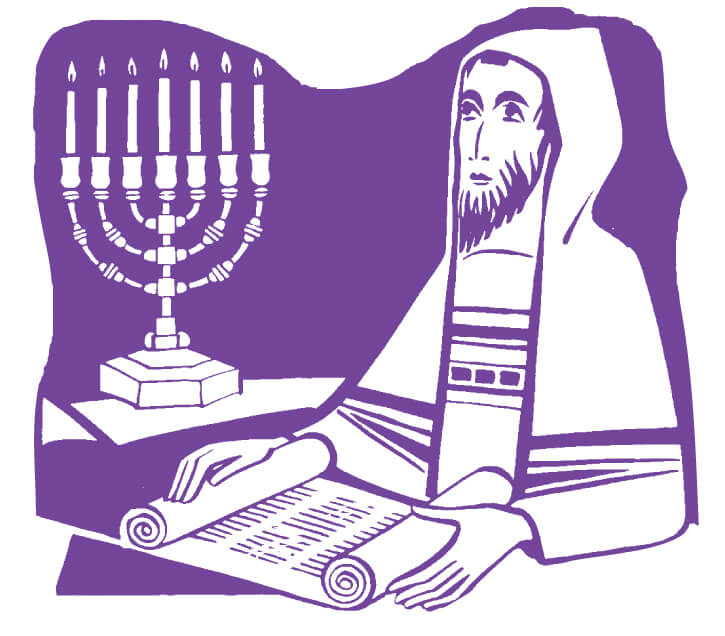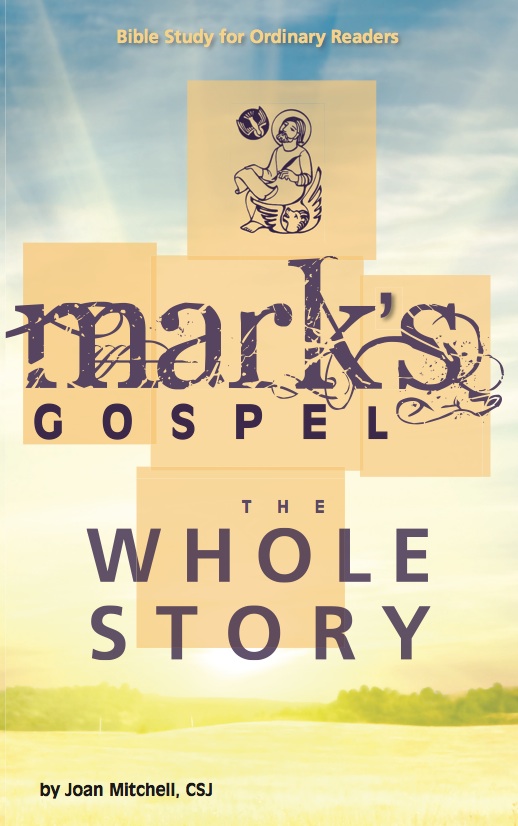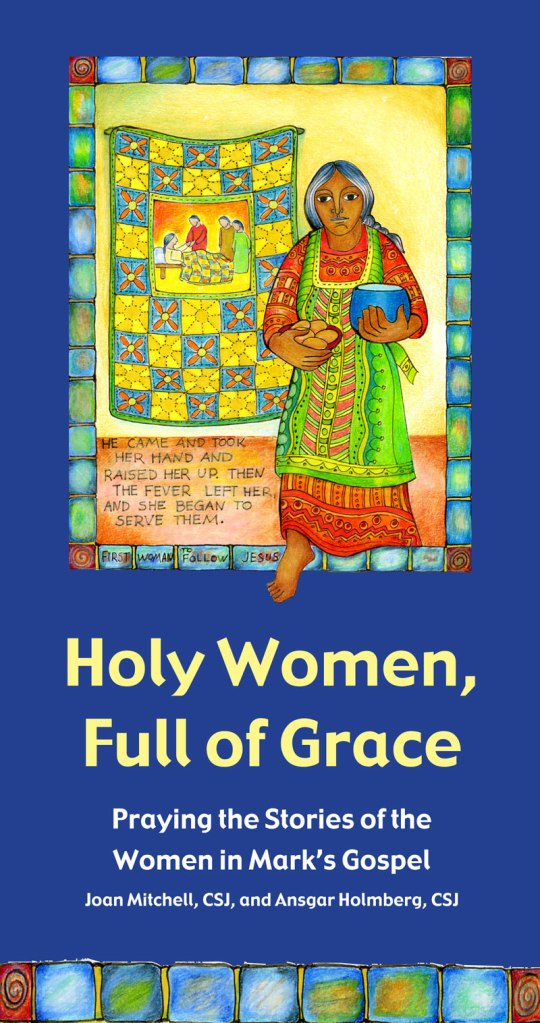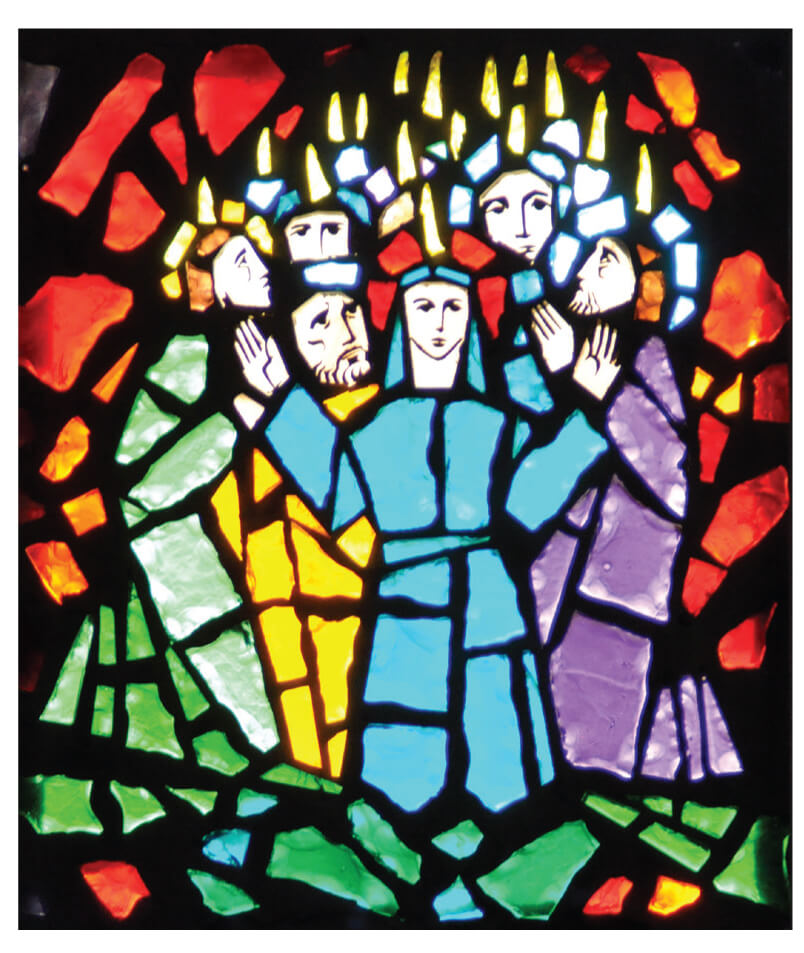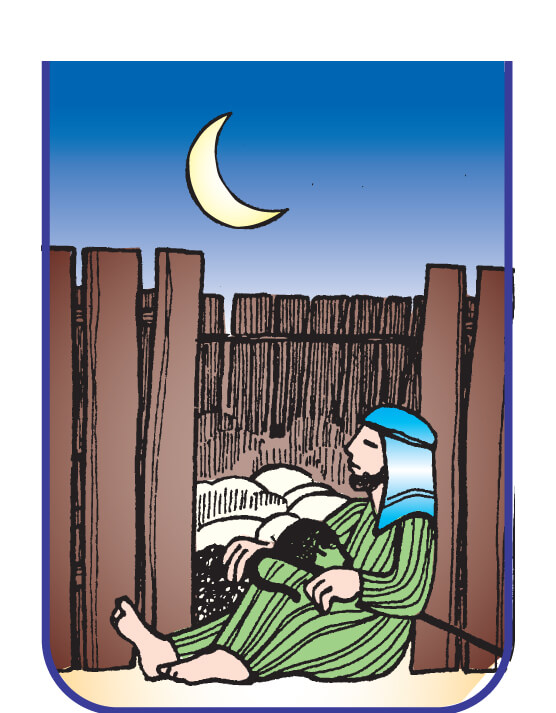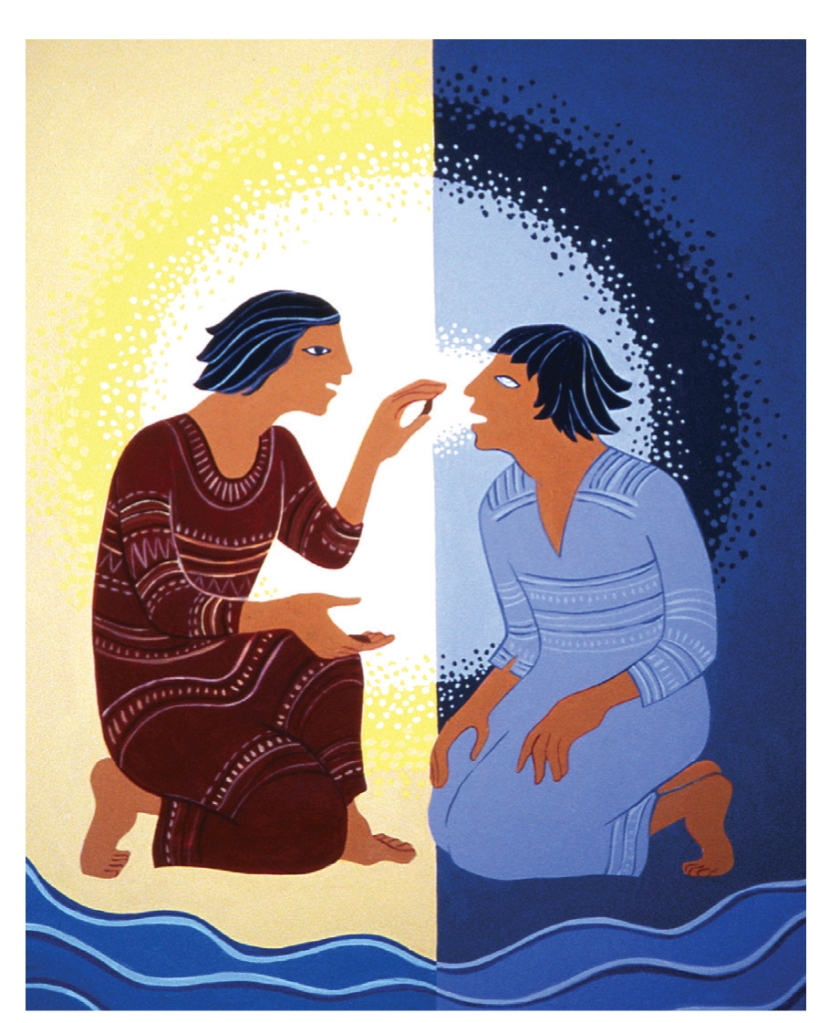Sunday Readings: Exodus 22.20-26; 1 Thessalonians 1.5-10; Matthew 22.34-40
When the Pharisees heard Jesus had silenced the Sadducees, who put a question to him about resurrection from the dead, the Pharisees assembled together. One of them, a lawyer, in an attempt to trip Jesus up, asked, “Teacher, which commandment of the law is the greatest?” Jesus said, “You shall love the Lord your God with your whole heart, with your whole soul, and with all your mind. This is the greatest and first commandment. The second is like it. You shall love your neighbor as yourself.” On these two commandments rest the whole law and the prophets (Matthew 22.34-40).
Gospel love is not an idea or an emotion but an imperative—a call to act. The great commandments recognize that acts of love weave us into community, just as selfish and violent acts fray the social fabric.
The commandments are more than rules to keep and thereby gain heaven. The actions to which they call us are the hammer and nails of Christian community. Christian life is social, Pope Francis reminds us in Joy of the Gospel (177-179).
The evangelization to which the pope calls us starts with recognizing God’s love for us, love we cannot help but share. At the heart of the gospel is life in community and engagement with others. No one is alien.
What other verbs say “love” to you? What sustains your heart and its commitment to God?

